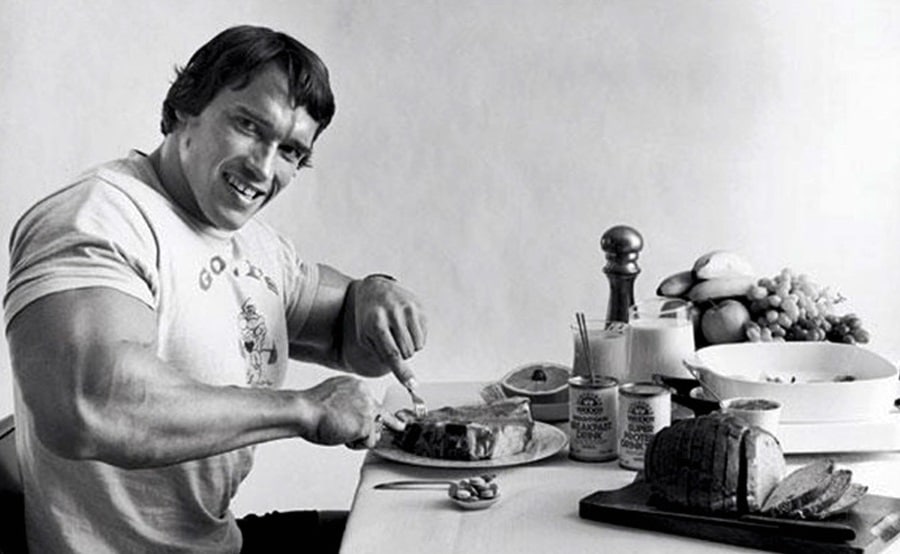

When it comes to bodybuilding, diet plays a crucial role. Many even argue that without a proper diet, no amount of training will suffice. Hence, phrases like, “You can’t outwork a bad diet,” and “Abs are made in the kitchen,” have become so popular in bodybuilding and fitness. However, simply eating clean and cutting out ultra-processed foods and sugar isn’t enough.
Watch What’s Trending Now!
For anyone with competitive bodybuilding dreams, the importance of diet takes on a whole new dimension. In fact, even those who don’t have ambitions of stepping on a bodybuilding stage must pay attention to their diet. In bodybuilding, intricacies like meal prep, timing, and composition matter for those looking to achieve a world-class physique.
ADVERTISEMENT
The advantages of prepping meals
While eating freshly cooked meals might be ideal for many, at least preparing what you need to cook in advance has many advantages. The first advantage of meal prepping is the time it saves, especially for those who cook their own meals. Former Mr. Olympia and bodybuilding icon Jay Cutler confessed to spending most of his day in the gym and kitchen because he had a thing for eating fresh.
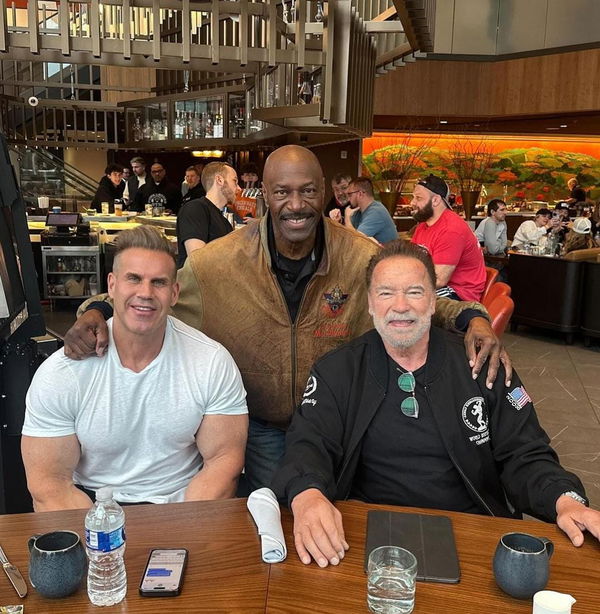
ADVERTISEMENT
However, even Cutler planned what he would eat and went grocery shopping accordingly. The second advantage of meal prepping is the ease with which one can plan and stick to a particular diet. It can also help avoid eating junk calories because the bodybuilder can incorporate certain comfort foods in their calorie budget instead of calculating whether they can eat it on the spot.
ADVERTISEMENT
Finally, meal prepping for bodybuilding saves money since you only buy what you need. However, simply prepping meals beforehand is only part of the equation. Bodybuilding is a lifestyle, and the wrong meal timing and composition can make all the difference.
Top Stories
Despite Featuring in Over 400 Magazines and $2,500,000 Worth, 54-Y.O Age-Defying Bodybuilder Values Something Else Over Money: “My Biggest Accomplishment”

Top 5 Older Bodybuilders/Fitness Influencers Over 50 Who Are Defying Age and Inspiring Others
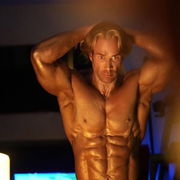
Everything You Need to Know About Mr. Olympia’s Sole Owner Jake Wood, Who Also Brought Ms. Olympia Back

Who Is Keiani Mabe? 22-YO Fitness Sensation Currently Going Viral for Her Stunner Physique
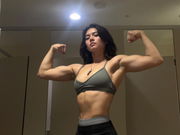
Who Is Angie Feliciano? The Woman Jay Cutler Has Been Engaged to for 7 Years
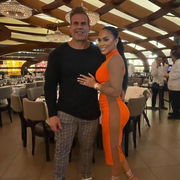
The importance of meal timing in bodybuilding
One thing every bodybuilding legend has in common is discipline. While nearly everyone has cheat days, pro bodybuilders meticulously plan the calories and timing of every meal. While every individual’s exact meal timings vary, food intake is often divided into two time windows. The first is the pre-workout meal, followed by the post-workout meal.
ADVERTISEMENT
Breakfast is often the biggest pre-workout meal for most bodybuilders unless they’re doing fasted cardio. During the mass monster era of Dorian Yates and Ronnie Coleman, bodybuilders ate massive breakfasts early in the morning. They would then go for their first training session after a short break. Every workout session is followed by a post-workout meal or scan.
However, most bodybuilders didn’t eat more than five to six times a day, including snacks. While pre-workout meals fuel the body for the upcoming workout, post-workout meals help the body recover from the grueling session of bodybuilding training. While bodybuilders also utilized the so-called one-hour ‘anabolic window’ that opened up post-workout, modern research has proved it lasts much longer.
ADVERTISEMENT
Since most bodybuilders train two times a day, they have at least two pre and post-workout meals throughout the day. However, meal timing revolves around the training schedule. Nearly every bodybuilding icon has gone to record to say that they eat to build muscle and because the food tastes good.
Meal composition in bodybuilding
Since bodybuilders follow the philosophy of “eat big to get big,” meal composition is the third piece of the bodybuilding diet puzzle. As mentioned, most bodybuilders eat because they need to consume massive calories. Hence, they often settle for bland foods. Eight-time Mr. Olympia Ronnie Coleman ate a mindboggling 6000 calories in his bodybuilding prime.
ADVERTISEMENT
While everyone doesn’t need that many calories, bodybuilders pay most attention to proteins, carbs, and fats. While vitamins and minerals are also necessary, they often supplement these. However, among these three, protein takes precedence in a bodybuilding diet. Anyone looking to build muscle needs to consume around 1.0 to 2.2 gm/kg or 0.8 to 1.5 gm/lb of body weight.

ADVERTISEMENT
While bodybuilders eat carbs, they tend to gravitate toward healthy fats for balance. A bodybuilding diet also consisted of more complex carbohydrates from sources like sweet potatoes. Carbs and fats provide much-needed energy and endurance during training. However, carb intake might vary a lot depending on whether it’s off-season or show prep.
Throughout the year, the meal composition of bodybuilders also varies depending on whether the competitive bodybuilding season is underway. Most bodybuilders eat in a caloric surplus to pack on muscle during the off-season but gradually step in a calorie deficit while prepping for bodybuilding shows.
ADVERTISEMENT
So, it’s evident that the science behind the bodybuilding diet is multi-faceted. While eating clean is beneficial, it’s only the initial piece of the puzzle. The bodybuilder has to meticulously plan their diet, paying attention to meal composition and timing to maximize hypertrophy.
Read More | Does Protein Help or Harm Aging? Arnold Schwarzenegger Answers
ADVERTISEMENT
ADVERTISEMENT
ADVERTISEMENT

